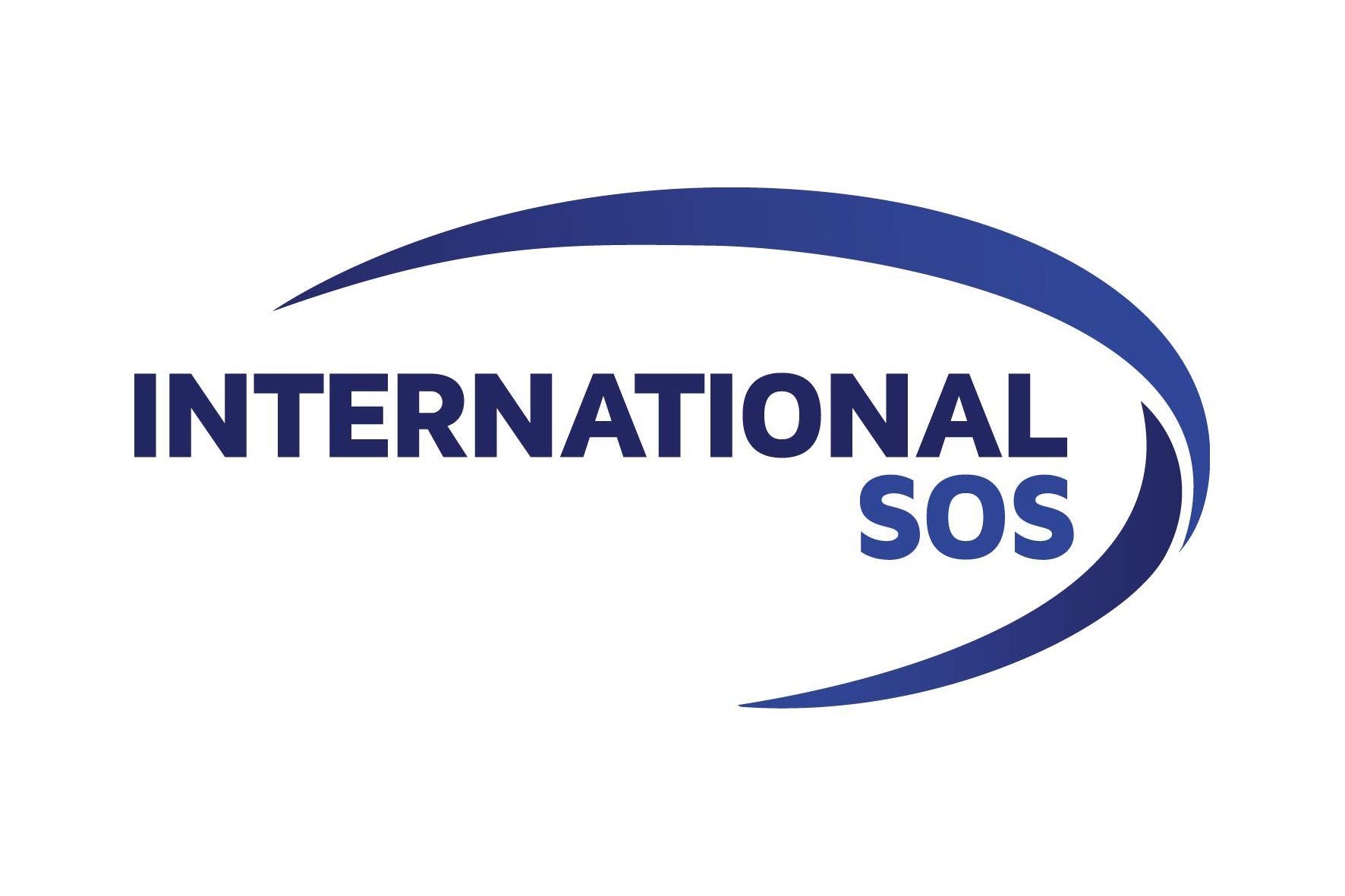International SOS Encourages Organizations to Raise Awareness Of Dengue
International SOS Encourages Organizations to Raise Awareness Of Dengue

2 August 2022, Kuala Lumpur, Malaysia – Many countries are recording an increase in dengue. Over the last 20 years, cases have risen more than 8 fold, impacting tens of millions of people globally.[1] International SOS, the world’s leading security and health services company, has seen a 92% increase in dengue-related cases this year compared to last year and therefore encourages organisations to step up their dengue prevention programmes and protect their communities and workforce against the disease.
According to the Tan Sri Dato’ Seri Dr Noor Hisham bin Abdullah, Director General of Health Malaysia, between 1 January and 16 July 2022, the country reported 27,915 dengue cases compared to 15,226 cases for the same period in 2021, which is an increase of 12,689 cases (83.3%), while 19 deaths due to dengue fever complications were reported compared to nine deaths in the same period last year (111.1% increase).[2]

Dr Chan Yanjun, Medical Director, Singapore & Malaysia, International SOS, shared, “Dengue is an increasing problem, with more cases, outbreaks becoming larger and more common, and the disease appearing in new areas. This is evident in Malaysia with the spike in cases reported so far this year. We all have a part to play to help reduce the number of cases and organisations need to be involved in mosquito control and infection prevention measures, as well as promoting and spreading dengue awareness among the community. Community empowerment is a key aspect of the strategy, as it allows the local population to drive the eradication of the disease in their environment.”
Dr Chan continued, “Whilst the reasons are complex, urbanisation and climate change may be contributing to the expanding global distribution and longer transmission seasons. Dengue, like most illnesses, causes a spectrum of diseases – it can be very mild, while some people will experience strong headaches, high fever and rash. In the most severe cases, it can progress to bleeding and organ failure which can be fatal.”
Dengue is now consistently present in over 100 countries across the planet and is “the leading cause of serious illness and death in some Asian and Latin American countries”. Asia is reported to represent around 70% of the global burden of the disease.[3]
Dr Chan added, “Not only is there an impact on infected individuals, outbreaks of dengue can impact healthcare systems when there is a surge in people requiring medical attention and hospitalisation. This is on top of the significant challenges our healthcare systems continue to face due to the ongoing COVID-19 pandemic. Everyone needs to be aware of, and practising, measures to prevent dengue infections and transmission, including organisations that are operating in dengue-affected areas, and those sending travellers to them.”
Best practice is for organisations to be involved in mosquito control and infection prevention measures to reduce community transmission of dengue. These measures may include promoting awareness of the signs and symptoms of the disease among employees, encouraging good practices for dengue prevention and establishing coordination with local communities to support mosquito control programmes.
Tips to Reduce The Risk of Dengue – Prevent mosquito bites and reduce the risk of mosquitoes breeding:
- Cover up bare skin – wear clothing that covers as much skin as practical. Don’t forget feet and ankles.
- Use an effective insect repellent.
- Avoid areas where mosquitoes breed – anywhere with stagnant water such as drains and ponds.
- Keep mosquitoes out of your accommodation – close windows and doors. If you need to have windows and doors open ensure that you have mosquito screens closed. Use “knock-down” insect spray to kill mosquitoes in your room.
- Keep your accommodation free of mosquito breeding areas – containers and dishes that hold even a small amount of water can breed mosquitoes. Dishes under potted plants are notorious culprits.
[1] World Health Organization – Dengue and Severe Dengue Fact Sheets (2022)
[2] Ministry of Health Malaysia – Kenyataan Media Ketua Pengarah Kesihatan Malaysia – Situasi Semasa Demam Denggi Di Malaysia Minggu Epidemiologi 28/2022 (10 – 16 Julai 2022)
[3] European Centre for Disease Prevention and Control – Dengue



